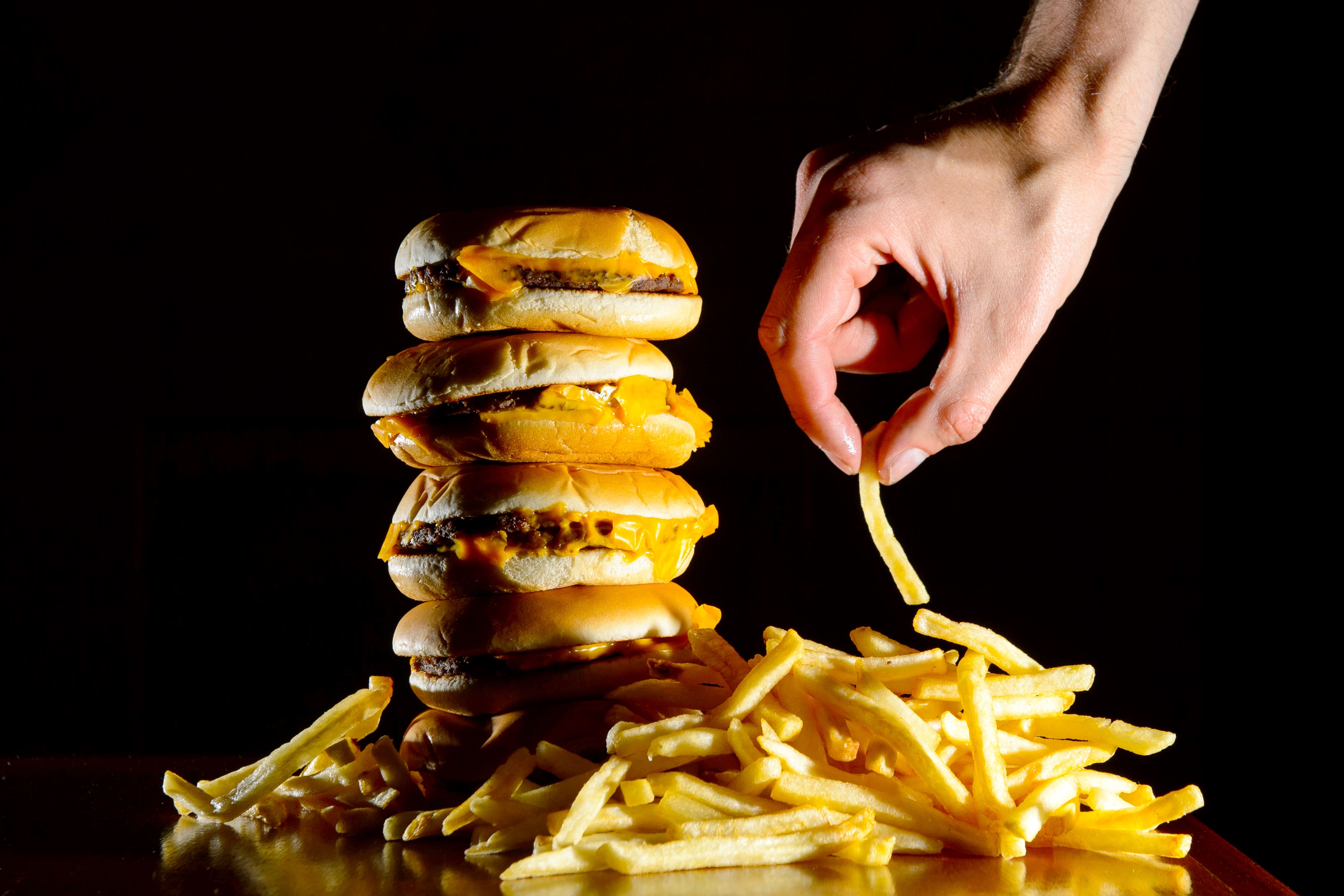Ultra-processed foods increase risk of cardiovascular diseases, studies find
Food campaigner Henry Dimbleby said the results should serve as a ‘wake-up call’ for the UK.

Your support helps us to tell the story
From reproductive rights to climate change to Big Tech, The Independent is on the ground when the story is developing. Whether it's investigating the financials of Elon Musk's pro-Trump PAC or producing our latest documentary, 'The A Word', which shines a light on the American women fighting for reproductive rights, we know how important it is to parse out the facts from the messaging.
At such a critical moment in US history, we need reporters on the ground. Your donation allows us to keep sending journalists to speak to both sides of the story.
The Independent is trusted by Americans across the entire political spectrum. And unlike many other quality news outlets, we choose not to lock Americans out of our reporting and analysis with paywalls. We believe quality journalism should be available to everyone, paid for by those who can afford it.
Your support makes all the difference.Foods in the typical British diet may increase the risk of deadly cardiovascular diseases, two new studies have found.
In twin presentations to the annual meeting of the European Society of Cardiology in Amsterdam, researchers revealed the consumption of ultra-processed food (UPF) such as cereals, fizzy drinks and fast food, significantly raises the risk of high blood pressure, heart disease, heart attacks and strokes.
Food campaigner Henry Dimbleby said the results should serve as a “wake-up call” for the UK.
Britain is particularly bad for ultra-processed food. It is storing up problems for the future. If we do nothing, a tidal wave of harm is going to hit the NHS
He told The Guardian: “Given that UPF represents 55% of our diet, that should be a wake-up call.
“If there is something inherent in the processing of foods that is harmful, then that is a disaster.
“Britain is particularly bad for ultra-processed food. It is storing up problems for the future. If we do nothing, a tidal wave of harm is going to hit the NHS.”
The Guardian reports Anushriya Pant, a researcher involved with one of the studies, told reporters in Amsterdam that many people are unaware of what foods may be putting them in danger.
She said: “It could be that foods you think are healthy are actually contributing to you developing high blood pressure.”
She added that many people assumed some UPF, such as store-bought sandwiches, wraps, soups and low-fat yoghurts, were healthier choices when compared to junk food.
Ms Pant and her fellow researchers from the University of Sydney studied the impact of the increased consumption of UPF on more than 10,000 middle-aged women during the last 15 years.
They found that 39% of women were more likely to develop high blood pressure when compared with those with the lowest intake of ultra-processed food.
The second study, presented by Yang Qu on behalf of the researchers at China’s Fourth Military Medical University, found those who ate the most UPF were nearly 25% more likely to suffer from a heart attack, stroke, or angina.
Additionally, researchers found increasing the intake of UPF by a mere 10% saw the risk of heart disease jump significantly.
The team also discoveredthose who had less than 15% of their diet made up of UPF were the least at risk of suffering from heart-related medical problems.